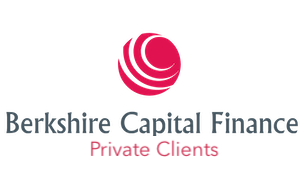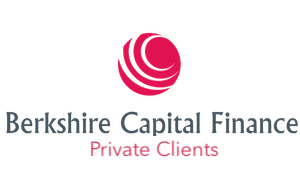Before you opt for a mortgage for your UK investment property, you should know about all your options. We all know about the two basic types of mortgages, residential and commercial, but not most of us know about the difference between these two. Although one difference is quite clear – applying for a commercial mortgage if it’s for your business and a residential mortgage if it’s for your home – there are other differences that you should know.
Let us take a look at the differences between raising a commercial and residential mortgage in this blog post.
What is a Commercial Mortgage?
A commercial mortgage is a loan you borrow to finance your business venture or commercial project, which amounts to over £25,000. It allows potential business owners or project starters to buy a land or property to Kickstart their operations.
The money is borrowed from a lending specialist or a bank and is returned in monthly instalments, along with adequate interest payments. These types of mortgages are usually considered high risk and have an interest rate ranging from 3.5 to 6 per cent.
What is a Residential Mortgage?
A residential mortgage is designed to help individuals get financing to buy a property where they can live. The property the individual is acquiring must be used as a residence. In which case, they must not lease it out or start a business on the premises.
Differences Between Raising a Commercial and Residential Mortgage
The Risk Factor
This is perhaps the biggest and most crucial difference between the two ways of raising a mortgage. Commercial mortgages are considered to carry a higher risk factor as opposed to residential mortgages. This is because, with a residential project, you need to know that you earn an adequate income to pay off the mortgage payments on time, meaning you should be making more than the monthly instalment.
On the contrary, for commercial mortgages, you will be using the revenue you earn from your commercial project to pay off the mortgage instalments. So it all comes down to the viability and profitability of your commercial project.
Therefore, the mortgage provider will have to analyse whether it is a feasible investment or not. For many reasons, it is not easy to come up with a guaranteed answer, making the whole thing riskier.
The Amount of Down Payment on the Mortgage
As an extension of the aforementioned point, the risk factor can impact the down payment for the mortgage. This means there will be a smaller down payment while raising a residential mortgage than a larger down payment while raising a commercial project.
In addition, you can even negotiate a middle ground when it comes to bargaining the down payment for a residential mortgage, but for a commercial mortgage, there is little room for discussion.
The Repayment Duration
Generally, if there is a lower risk associated with the mortgage, there is a lot of flexibility for the repayment of the mortgage loan. The repayment duration can range from anything between ten to 50 years.
So, in the case of raising a mortgage for a commercial project, the repayment terms will be stricter than raising a residential mortgage, where there is a lot more room for flexibility.
Get Corporate and Commercial Term Loans from Berkshire Capital Finance
Now that you know the differences between commercial and residential mortgages get in touch with a lending specialist at Berkshire Capital Finance.
We specialize in providing long-term loans to investors in commercial property and second properties. You can get in touch with us if you have any queries.




No responses yet